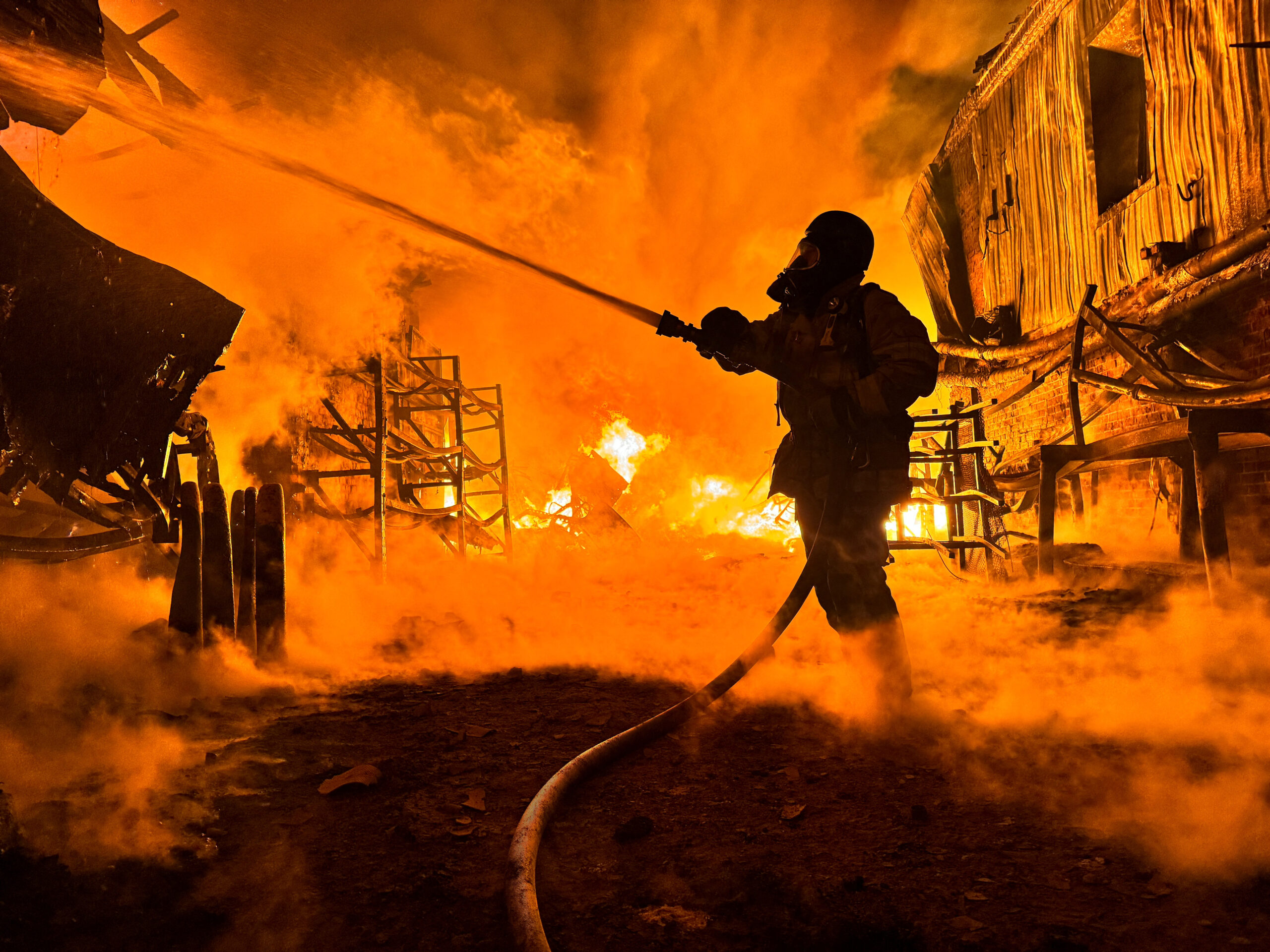UN warns world unprepared for risks from climate change
Members of the UN\’s climate panel say it provides overwhelming evidence of the scale of these effects. Natural systems now bear the brunt, but a growing impact on humans is feared. Our health, homes, food and safety are all likely to be threatened by rising temperatures, the summary says.
A United Nations panel on Monday said that the effects of climate change are already being felt across the globe, warning in a major report that they will likely be "severe, pervasive, and irreversible" in the years to come.
“Nobody on this planet is going to be untouched by the impacts of climate change,” Rajendra Pachauri, Intergovernmental Panel on Climate Change chairman, said in a Monday news conference.
Twenty-first century disasters such as killer heat waves in Europe, wildfires in the United States, droughts in Australia, and deadly flooding in Mozambique, Thailand, and Pakistan highlight how vulnerable humanity is to extreme weather, says a massive new report from a Nobel Prize-winning group of scientists released early Monday. The dangers are going to worsen as the climate changes more, the report’s authors said.
“We’re all sitting ducks,” Princeton University professor Michael Oppenheimer, one of the main authors of the 32-volume report, said in an interview.
After several days of late-night wrangling, more than 100 governments unanimously approved the scientist-written 49-page summary, which is aimed at world political leaders. The summary mentions the word ‘‘risk’’ an average of 5½ times per page.
“Changes are occurring rapidly and they are sort of building up that risk,” said the overall lead author of the report, Chris Field of the Carnegie Institution for Science in California. These risks are both big and small, according to the report. They are now and in the future. They hit farmers and big cities. Some places will have too much water, some not enough, including drinking water.
Other risks mentioned in the report involve the price and availability of food, and to a lesser and more qualified extent some diseases, financial costs, and even world peace.
“Things are worse than we had predicted” in 2007, when the group of scientists last issued this type of report, said report co-author Saleemul Huq, director of the International Centre for Climate Change and Development at the Independent University in Bangladesh. ‘‘We are going to see more and more impacts, faster and sooner than we had anticipated.’’
The problems have become so pronounced that the panel added a new and dangerous level of risks. In 2007, the biggest risk level in one key summary graphic was “high” and colored blazing red. The latest report adds a new level, “very high,” and colors it deep purple.
You might as well call it a “horrible” risk level, said report co-author Maarten van Aalst, a top official at the International Federation of Red Cross and Red Crescent Societies. “The horrible is something quite likely, and we won’t be able to do anything about it,” he said.
The report predicts that the highest level of risk would first hit plants and animals, both on land and the acidifying oceans.
Climate change will worsen problems such as poverty, sickness, violence, and refugees, according to the report. And on the other end, it will act as a brake slowing down the benefits of a modernizing society, such as regular economic growth and more efficient crop production, it says.
“In recent decades, changes in climate have caused impacts on natural and human systems on all continents and across the oceans,” the report says.
If society doesn’t change, the future looks even worse, it says: “Increasing magnitudes of warming increase the likelihood of severe, pervasive, and irreversible impacts.”
While the problems from global warming will hit everyone in some way, the magnitude of the harm won’t be equal, coming down harder on people who can least afford it, the report says. It will increase the gaps between the rich and poor, healthy and sick, young and old, and men and women, van Aalst said.
But the report’s authors say this is not a modern-day version of the Four Horsemen of the Apocalypse. Much of what they warn of are more nuanced troubles that grow by degrees and worsen other societal ills.
Source – AP and agencies
[do_widget_area inner_adsbar]










